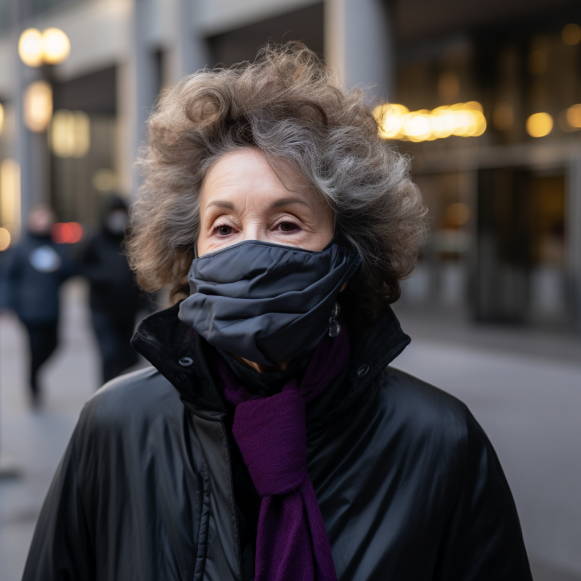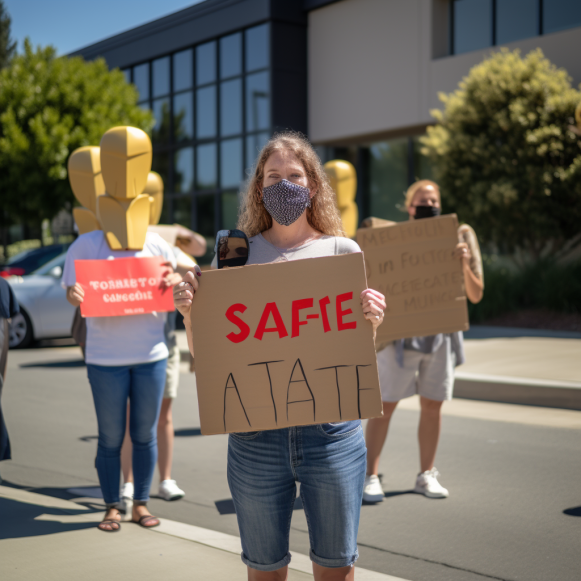Gov. Newsom signs bill replacing California’s state travel ban over LGBTQ laws with outreach funding

Travel ban expanded to 26 states in July
Gov. Gavin Newsom has signed legislation that effectively ends California’s travel ban to more than half of the United States due to their LGBTQ laws, admitting that it was more trouble than it was worth and replacing it with a plan to fund educational outreach to those states in an effort to foster acceptance of the LGBTQ community.
The ban began in 2016 with legislation introduced by Cupertino Democrat Assemblyman Evan Low, which initially restricted state-funded travel to four states: Kansas, Mississippi, North Carolina, and Tennessee. However, in the first year of the law, that number more than doubled. It was at 23 states when Attorney General Rob Bonta announced in July that his office would add three more — Missouri, Nebraska, and Wyoming — to the list, bringing it to 26.
The growing list caused issues for state officials. Legislative analysts reported that California lawmakers had to use their own political funds to attend the National Conference of State Legislatures in Tennessee, while others avoided events in prohibited states.
It also became a liability for Newsom, who was chastised last year for visiting his wife’s family in one of the prohibited states, Montana. Newsom’s office stated at the time that such personal and privately paid travel is not considered state sponsored, but refused to say whether California paid for his security staff.
Toni Atkins, the powerful San Diego Democrat who authored the bill Newsom signed Wednesday, said the growing number of prohibited states indicated that the ban was ineffective and that a new approach was required.
Her bill includes a provision for a “BRIDGE Project,” which she describes as “creating a fund that could be used to create non-partisan, inclusive messaging, discourage discrimination, and help members of the LGBTQ+ community feel less isolated.”
The legislature passed the law as an emergency measure, and it went into effect immediately.
The bill, according to legislative analysts, would authorize outreach efforts through the Governor’s Office of Business and Economic Development, or GO-Biz. Analysts estimated that taxpayers would pay “about $583,000 annually for four staff at GO-Biz to oversee the BRIDGE Project fund as well as ongoing costs for the BRIDGE Projects’ education, marketing, and advertising campaigns,” though “state costs could be offset by donations.”
Supporters contended that it would “develop marketing campaigns designed to raise awareness and educate the public” in other states, while opponents contended that it would amount to “funding advertising and media specifically aimed at unduly influencing other states’ laws.”
In a statement, Newsom thanked Atkins for “this important measure that enables California to continue taking a stand for the rights of LGBTQ+ people throughout the country and combating intolerance and hate with empathy and allyship.”
“In the face of a rising tide of anti-LGBTQ+ hate, this measure helps California’s message of acceptance, equality, and hope reach the places where it is most needed,” said Newsom.
The state laws that prompted California to broaden its travel ban mostly dealt with transgender access to school restrooms, youth sports participation, and “gender affirming” hormonal and surgical procedures on children, a topic that has roiled school boards, health care, and athletics in recent years. Advocates for the laws argue that they protect girls’ and children’s rights, while critics label them anti-LGBTQ.
According to statistics provided by the Human Rights Campaign, a pro-LGBTQ organization, the travel ban was ineffective in preventing anti-trans or anti-LGBTQ laws and policies. In May, the group reported that 520 “anti-LGBTQ+ bills” had been introduced in state legislatures, a new high. According to the group, 70 laws have been passed, including 15 that “ban gender affirming care for transgender youth,” seven that “allow misgendering of transgender students,” four that “censor school curriculum,” and two that “target drag performances.”
According to Atkins, a lesbian, “as the years have passed, the travel ban has had the unintended consequence of further isolating members of the LGBTQ+ community in those states, and preventing Californians from conducting research, business, and engaging with all people from those states.”
“With an unprecedented number of anti-LGBTQ+ bills introduced in state legislatures across the country,” Atkins said, “California can further position itself as a national leader on inclusivity and serve as a beacon of hope and support for those who have been isolated elsewhere by state-sponsored discrimination.”
Low, who is gay, has defended AB 1887, arguing that repealing it would be a step back in the face of anti-LGBTQ+ legislation.
“While the removal of our state-funded travel ban to these states does not protect Californians from potential harm,” Low said in a statement on Thursday, “I am hopeful that the BRIDGE project will help change hearts and minds in states that have pursued and enacted anti-LGBTQ laws.”






